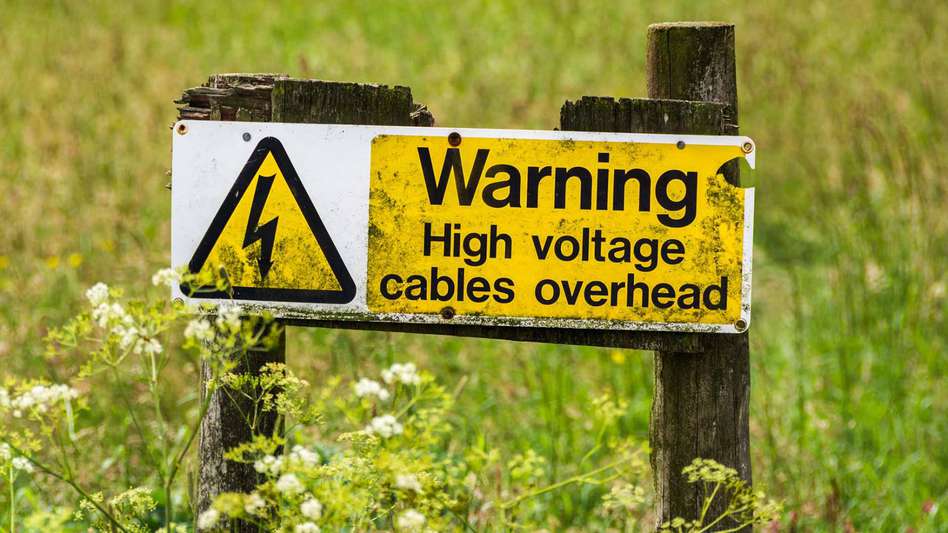Commercial property
Do unsightly wires running in/over your property hold a value after all?

A series of compensation awards under the Electricity Act 1989 have been made by the courts to property owners whose property hosts, or is crossed by, high voltage electricity power lines on wooden poles.
If the wires run nearby but, not on or over your land, you will not be entitled to compensation.
If you're hosting such wires on your land, or your land is crossed by them, then perhaps now is the time to review the basis and implications. This also potentially applies if your electricity network provider is asking you to sign a wayleave agreement for the first installation of electrical equipment or repositioning of the same. You should first take professional advice before agreeing to or signing anything.
Call our commercial property specialist solicitors on 0808 231 1320
So what's new? Electricity network operators have commonly compensated property owners directly affected by the giant steel pylons carrying cables. Now property owners directly affected by wooden posts are also being compensated.
If you think you might be entitled to compensation what should you do?
- First, check compensation has not been agreed previously - compensation is a one-off pay out - which could have been paid to a previous owner. When buying a property affected in this way, check to see if there is already an easement in place granting permission; often called a wayleave agreement (it follows that it is sensible that, if invited to sign a wayleave agreement, you do not do so without taking legal advice). Contact your distribution network operator (see energynetworks.org for details).
- Second, check the pylon is on your land or the wires cross your land. A spoilt view does not qualify for a claim but, wires that are not directly over your land but their swing and/or sag affects your land may mean your are eligible for compensation.
- Third, contact your electricity distributor direct to apply for compensation. But, remember this is a one off compensation entitlement that the electricity distributor will be looking to negotiate on favourable terms (for them not you). You may want to appoint a solicitor to negotiate the claim on your behalf, so as to achieve the best possible award and handle the majority of the paperwork on your behalf. If your property is mortgaged, you will need consent of your mortgage company to make a claim.
If your claim is admitted, the amount of compensation is assessed in terms of the impact the poles/wires have on the value of your property. The evidence of a Chartered Surveyor on valuation will be needed so as to assess the value or your claim. Such evidence can also be used in negotiations. Proximity and wattage are relevant to value of your claim. 1.5-4% of the value of your property is the average value but, this is a negotiation as there is no fixed scale.
Expect your claim to take 6 to 18 months. In practice, the power companies will pay your legal costs if your claim succeeds.
Any downsides? It is wise to go into such a claim without inflated expectation - the surveyor will advise on value. Also, it might seem obvious but, if you have not spent a long time studying your wooden pole in the garden; check it is an electricity pole and not a telegraph pole.
Tees are here to help
We have many specialist lawyers who are based in:
Cambridgeshire: Cambridge
Essex: Brentwood, Chelmsford, and Saffron Walden
Hertfordshire: Bishop's Stortford and Royston
But we can help you wherever you are in England and Wales.
Chat to the Author, Graeme Atkinson
Consultant, Commercial Property, Chelmsford office
Meet Graeme
- Areas of expertise
- Accreditations



